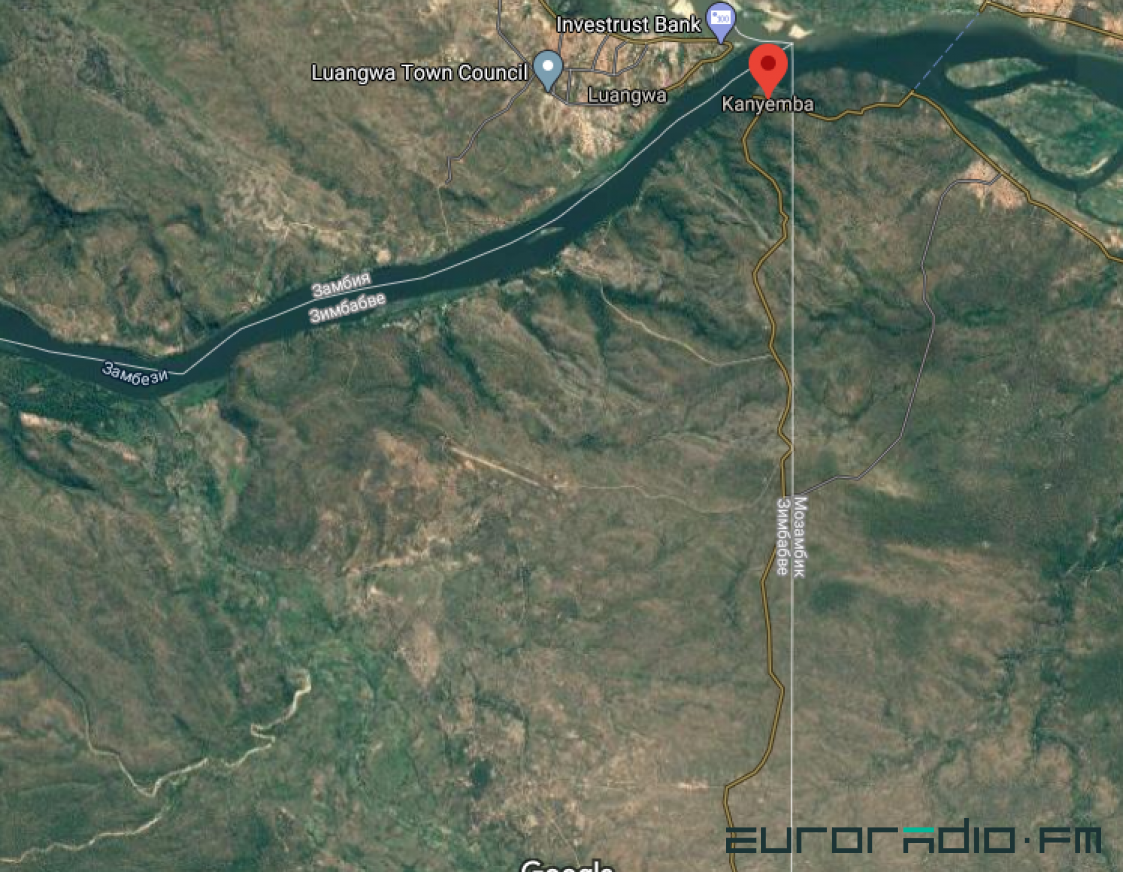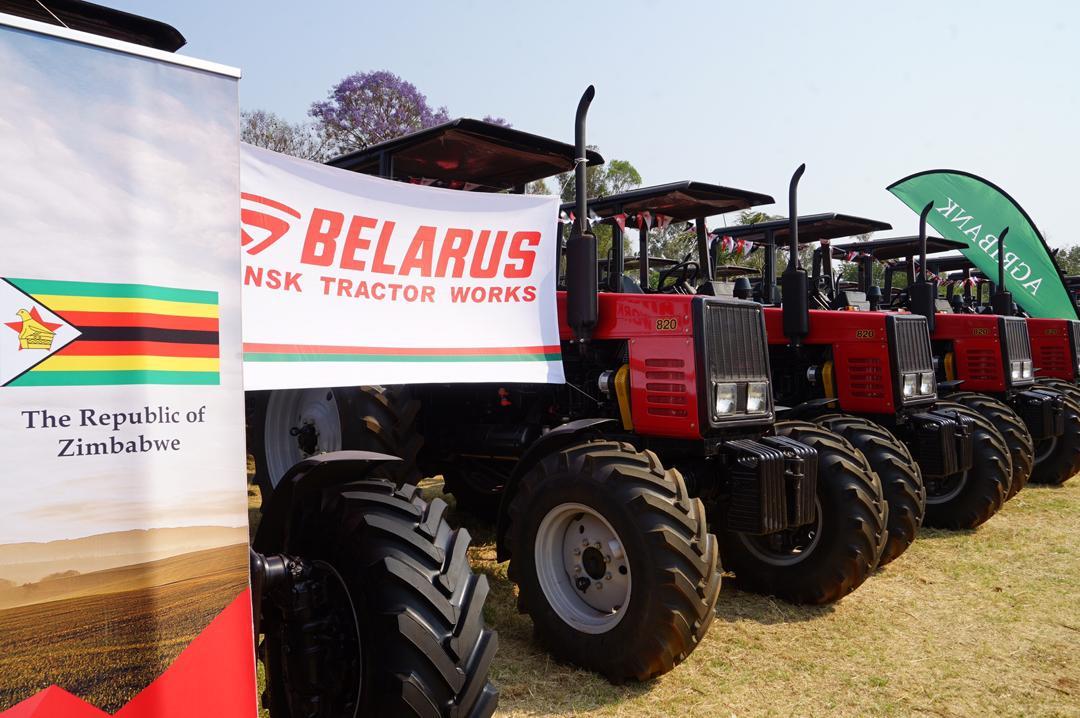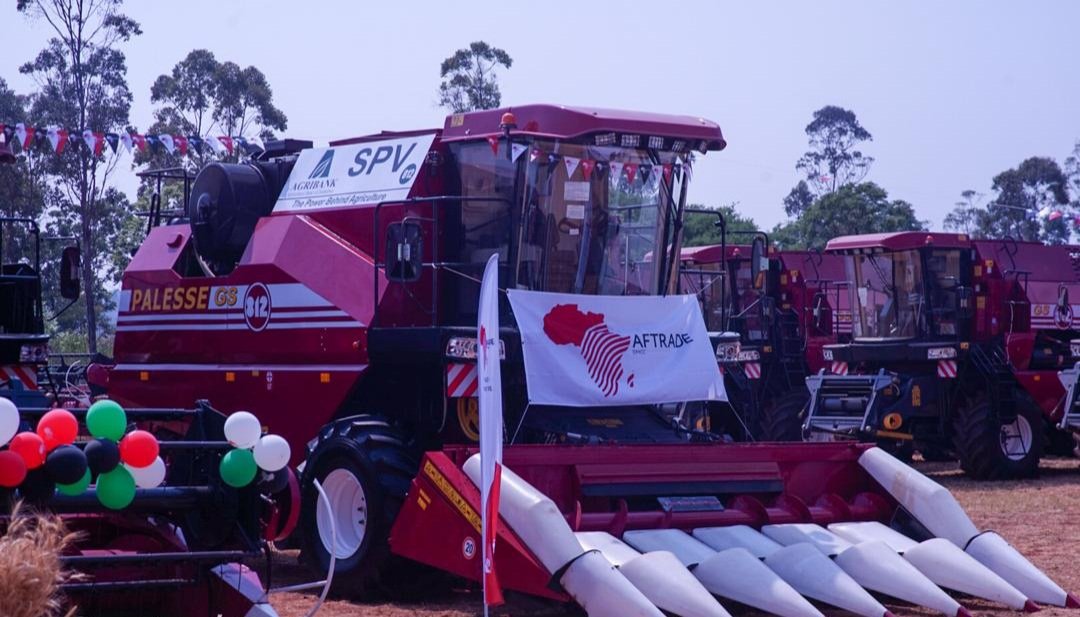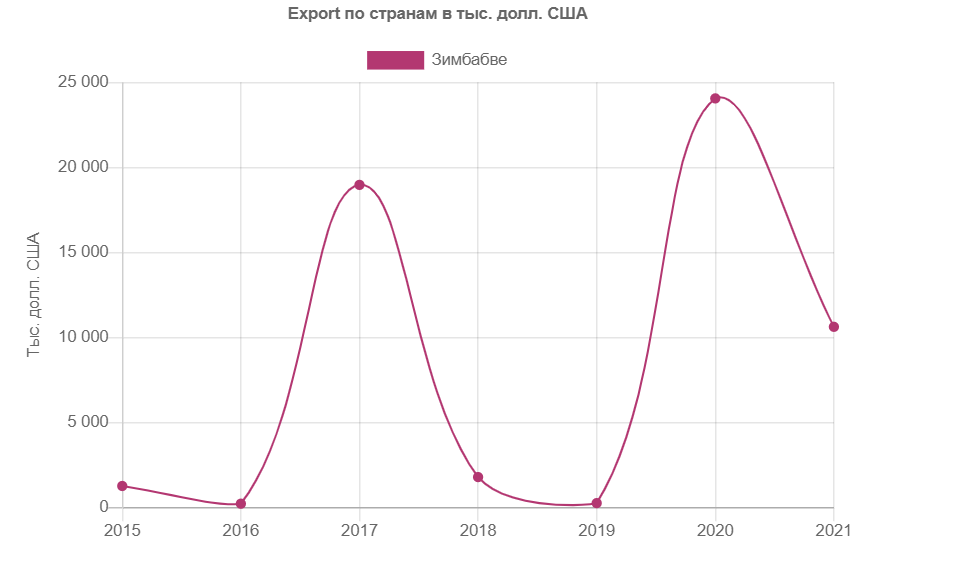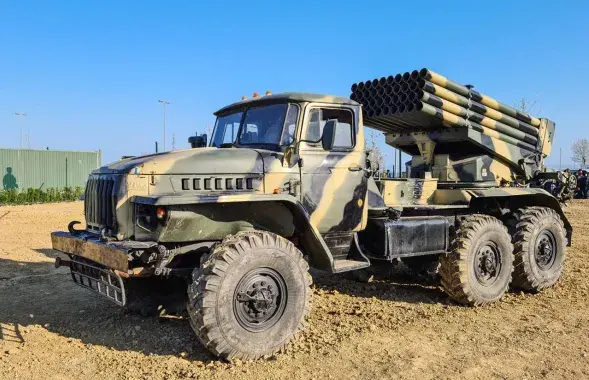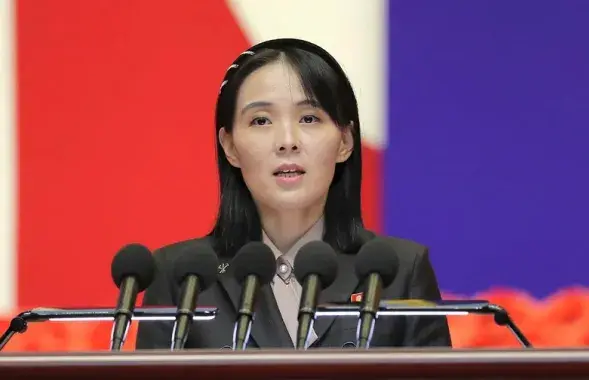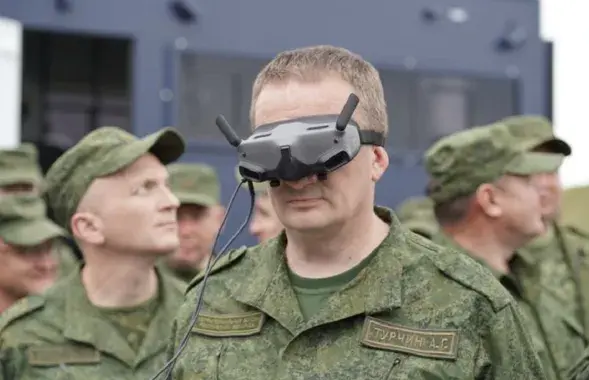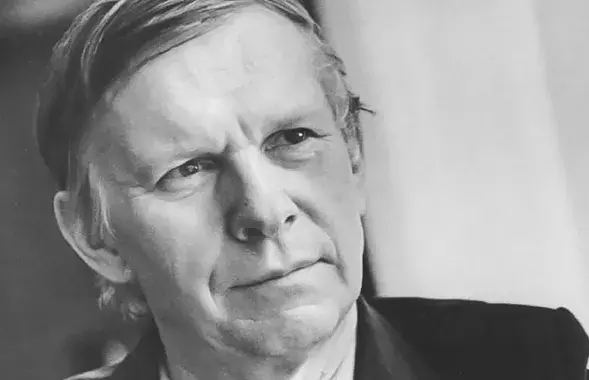Belarus and Zimbabwe: what projects Minsk is paying for
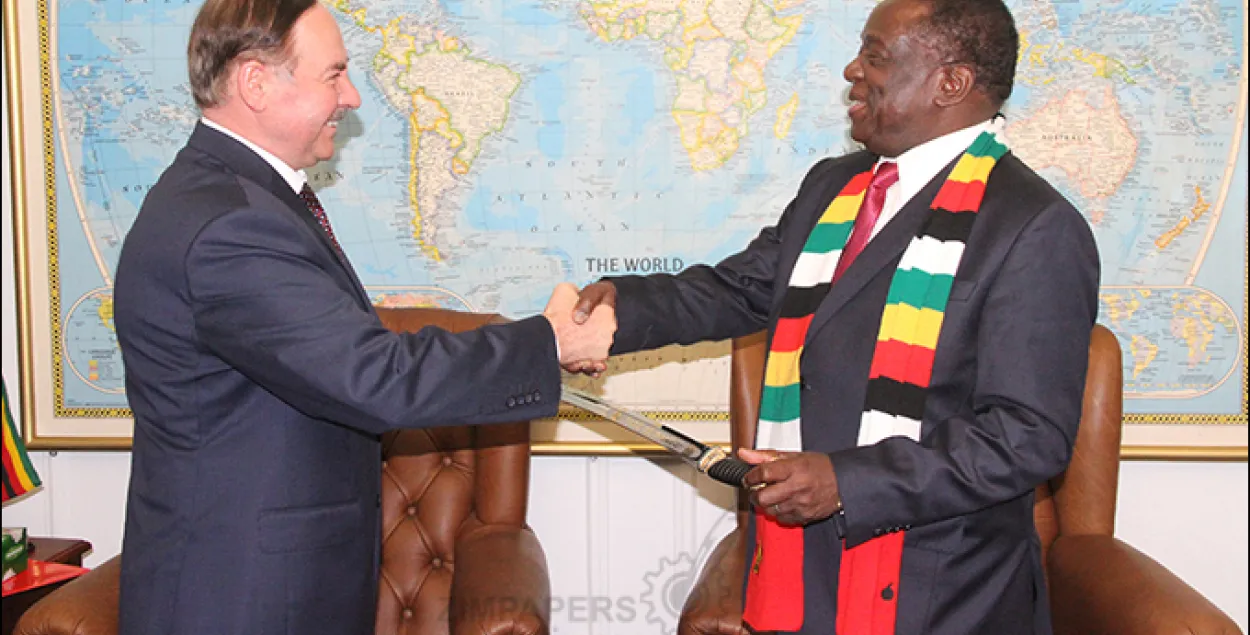
Viktar Sheiman and Zimbabwean President Emmerson Mnangagwa / herald.co.zw
Zimbabwe has been an important country for Belarusian interests in Africa over the past few years. In 2018, Viktar Sheiman, the president's chief of staff and part-time overseer of "far arc" projects, visited Zimbabwe at least twice. Shortly thereafter, he reported that he had signed contracts worth of $60 million.
In 2019, Zimbabwean President Emmerson Mnangagwa visited Belarus for three days. Shortly thereafter, Sheiman once again visited his African partner. All these meetings resulted in an agreement to establish a joint Belarusian-Zimbabwean construction company, a solar power plant, a joint logistics company, a transport hub like a "dry port", and an agricultural complex with 10,000 hectares of land. The sum of all signed agreements was estimated at $350 million.
In 2021, Viktar Sheiman stepped down as the administrator of his boss's affairs but Lukashenka asked him to stay around and continue overseeing the projects on the "far arc" in Africa and South America. What became of the high-profile $350 million projects in Zimbabwe? Euroradio followed the developments.
Back in 2018, Viktar Sheiman said that the Zimbabwean authorities had asked for "help to build a solar panel power plant." During a visit in 2019, Sheiman said that Belarus was planning to set up a construction company in Zimbabwe to build a 100-megawatt solar power plant and build the necessary infrastructure like roads and power grids.
Agrocomplex on 10,000 hectares
On February 11, 2019, the newspaper "SB. Belarus Today" reported that Belarus had obtained land in Zimbabwe for a large-scale agricultural project involving rice, wheat, soybeans, and a dairy farm of a thousand cows planned to be brought in from New Zealand.
Two days later, "My Zimbabwe News" published an article about experts from Minsk visiting the African country. Belarusian investors "expressed interest" in developing a 10,000-hectare plot of land near the town of Kanemba in the Mbire region.
In 2020, a new delegation of Belarusian officials arrived to inspect the proposed lands. Experts from the Ministry of Agriculture of Belarus and the Office of the Presidential Affairs paid a working visit to Zimbabwe. The results were not reported.
As the Ministry of Agriculture told Euroradio, the project is supervised by the Managing Company of the "Agroindustrial Holding of the Presidential Administration of the Republic of Belarus." Specialists of the Ministry only assist in consulting and expert support.
No one responded to Euroradio's official inquiries to the Managing Company of the "Agroindustrial Holding of the President's Property Management Directorate."
Equipment deliveries
In 2020, 479 tractors, 40 combine harvesters, 208 seeders, planters, other planting machines and 140 different harvesting machines were delivered for a total of $21,242,000.
In September 2020, Zimbabwean President Mnangagwa commissioned a $58 million-plus mechanization complex at the Agricultural Machinery Institute in Hatcliffe near Harare.
Already in October 2021, a training center will open to train local farmers in the technical skills and handling of Belarusian machinery, as well as to train Zimbabweans in farm machinery repair and maintenance. They will also open a thrift store for Belarusian agricultural equipment there.
All this is supervised by "Bison Agro Machinery" - the official representation of all leading Belarusian manufacturers of agricultural machinery, vehicles and buses and part of the AFTRADE group of companies owned by Alyaksandr Zingman.
"Dry port," a logistics company and new infrastructure
While the projects of agricultural complex, power plant and the supply of various equipment are moving forward, there are some discussions and decisions are taken, the rest of the ideas are still to be implemented.
For example, a joint logistics company and a giant "dry port" project with new roads and railway infrastructure, which was to connect seaports of Mozambique with non-maritime countries in southern Africa, are still just words on paper. They have not yet received any implementation.

